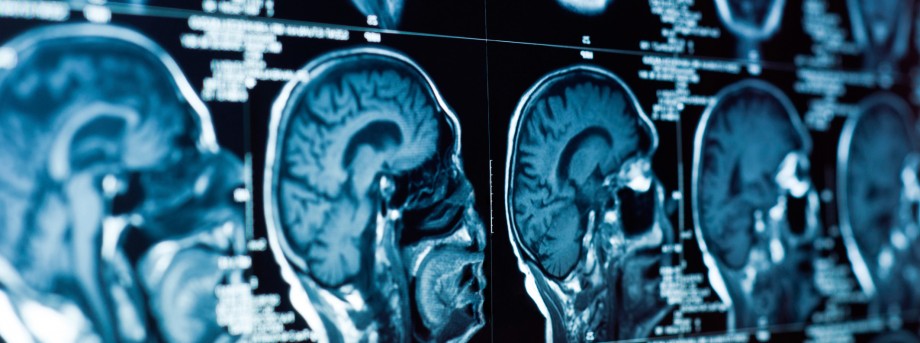The University of Nottingham
 Exchange online
Exchange online
Research Exchange
Improving the search for new schizophrenia treatments

Controlling the symptoms of schizophrenia is the job of antipsychotic drugs which block a set of specific neural signals. But the way these drugs work can lead to a host of severe and debilitating long-term motor side-effects.
Current antipsychotic drugs target cell receptors known as dopamine receptor D2 (D2R). These receptors are responsible for the function of our brain cells and affect processes such as reward, motivation and cognition. Blocking these signals reduces the symptoms associated with schizophrenia but can cause movement problems similar to Parkinson’s disease, weight gain and diabetes, and lower life expectancy.
Now psychologists at The University of Nottingham have made a discovery which could help in the search for drugs which would work without targeting such critical cellular functions. Their research, funded by the Wellcome Trust, has been published in the academic journal Neuropsychopharmacology.
It is commonly thought that symptoms of schizophrenia arise as a consequence of increased dopamine transmission and that antipsychotic drugs alleviate symptoms by blocking this activity. The study team used D-amphetamine (a drug that can induce psychotic symptoms in humans) to model psychotic symptoms seen in schizophrenia in an animal model. D-amphetamine increases dopamine release disrupting the mouse’s ability to ignore relevant stimuli in the environment. This effect is reversed by administering antipsychotic drugs.
The research team was surprised to see the same behavioural effect in mice with D2 receptors genetically deleted. Their discovery suggests that this model could be used to identify new non-D2 drug targets that could influence the symptoms of schizophrenia without the side-effects that are seen in current drug treatments.
The research was led by Dr Paula Moran, an expert in psychopharmacology. She said: “Our study shows the very surprising finding that antipsychotic drugs haloperidol and clozapine can reduce amphetamine-induced disruption of the ability to ignore irrelevant stimuli in mice that have D2 receptors genetically deleted. This suggests that these drugs can have behavioural effects without interacting with D2 receptors. It has always been assumed that DRD2 is necessary for behavioural effects of antipsychotic drugs. These data also suggest the model could be used to identify novel non-D2 drug targets that could influence specific psychological processes associated with dysregulation of dopamine without interaction with DRD2.”
Tags: antipsychotic, dopamine, drugs, schizophrenia, treatment
Leave a Reply
Other News

Top prize for quantum physicist
A University of Nottingham physicist has won a prestigious medal from the Institute of Physics for […]

Zero carbon HOUSE designed and built by students comes home
Design and construct a low cost, zero carbon, family starter home, transport it to Spain, build […]